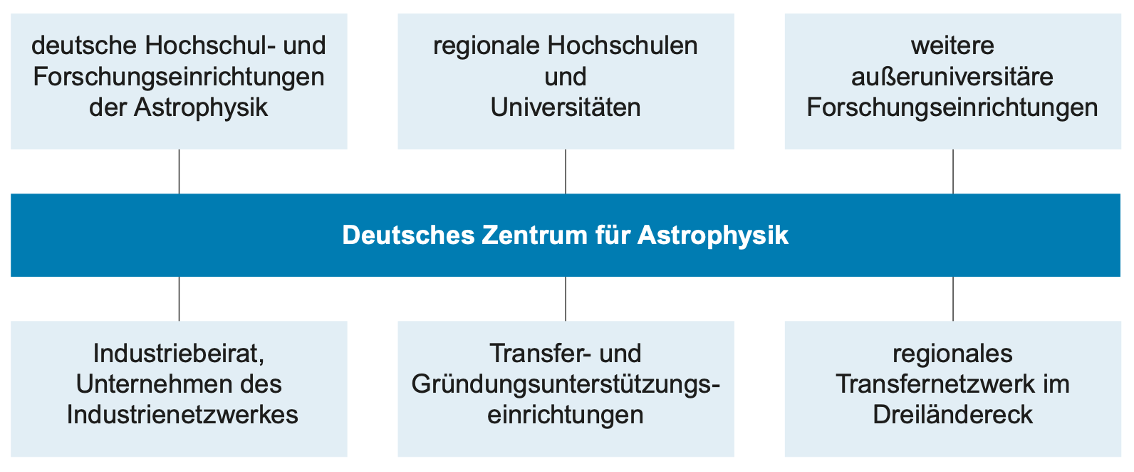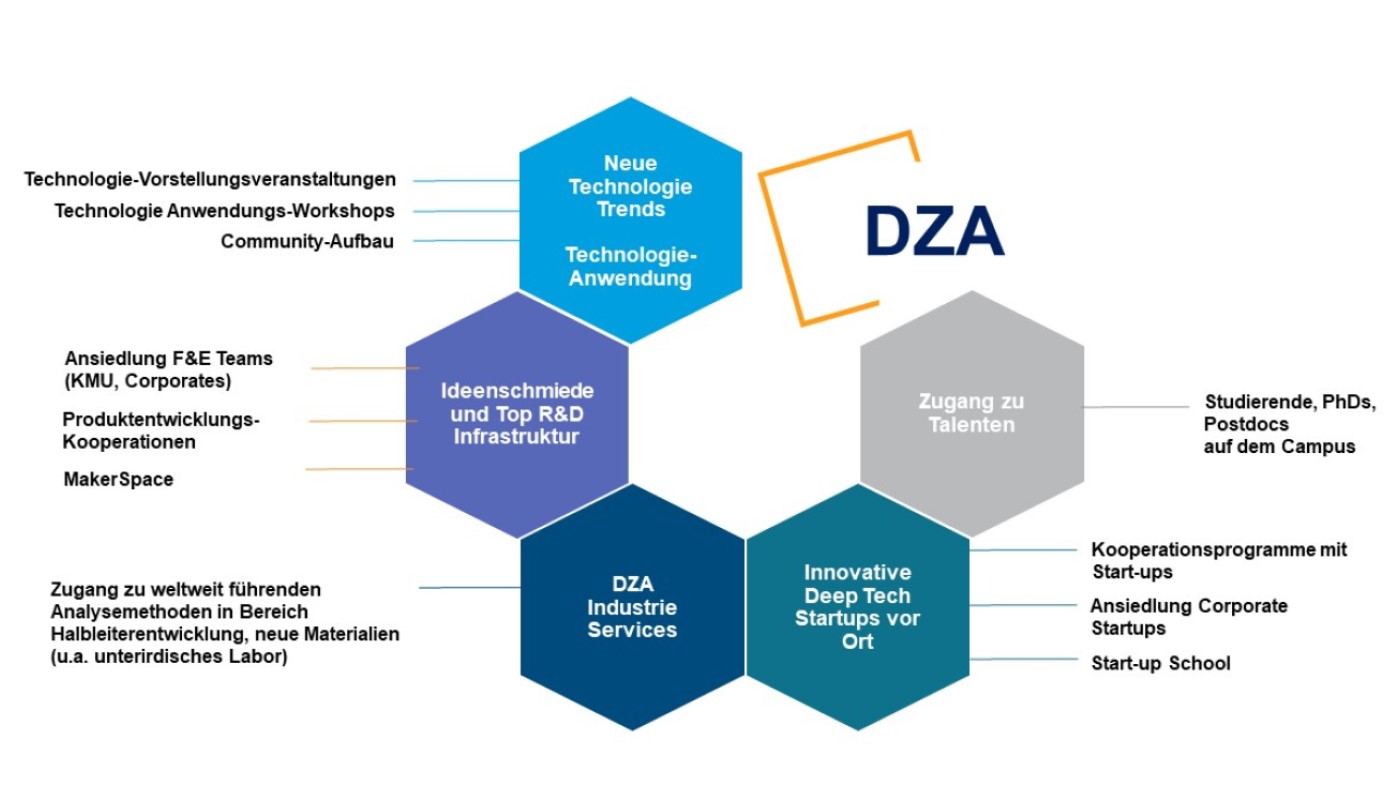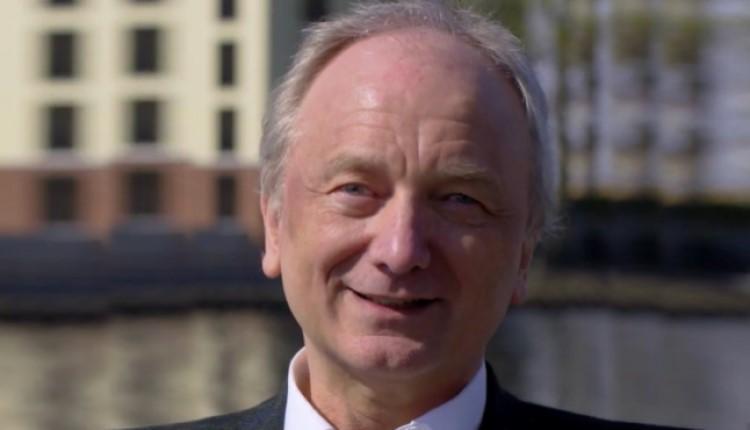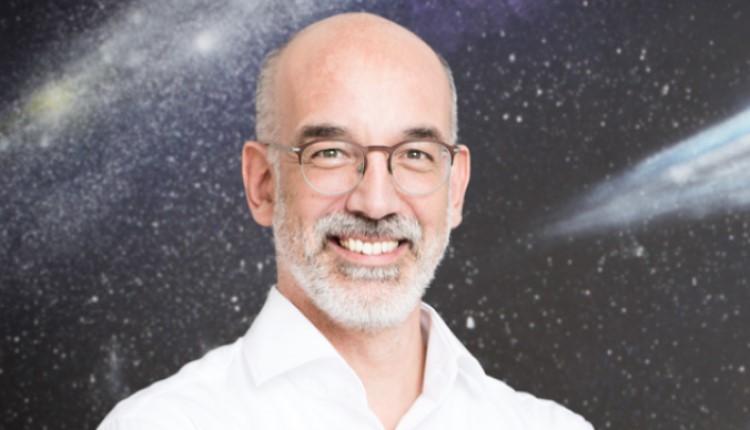Who is behind the DZA?
This proposal is a joint initiative of the German astronomy and astroparticle physics community with the desire to establish a national center for astrophysical research, technology development and digitization, in eastern Germany, in the Lausitz region.
Applicants are renowned scientists, supported by the major German science organizations. The scientific director of the European Space Agency ESA, Günther Hasinger, is in charge and designated founding director of the DZA.
Astrophysics combines all modern technologies with the creativity of brilliant minds.
Partners and supporters
The idea of the DZA is supported by many research institutions, universities and partners in the region. Since the concept phase, an Administrative Advisory Board has been active, which includes representatives of all major research associations (Helmholtz Association, Leibniz Association, Fraunhofer Society, Max Planck Society) and the rector of the Technical University of Dresden, as well as a Scientific Advisory Board.
Internationally, the DZA works closely with major astronomical organizations - including the European Southern Observatory (ESO), the European Space Agency (ESA), the large-scale Square Kilometre Array (SKA) observatory, and the European initiative to build the Einstein telescope. Through participation in large-scale projects, which are only possible in international cooperation, there is already an extensive network with numerous partners in non-university and university astronomical research in the world. International cooperation is, so to speak, the DNA of the center.
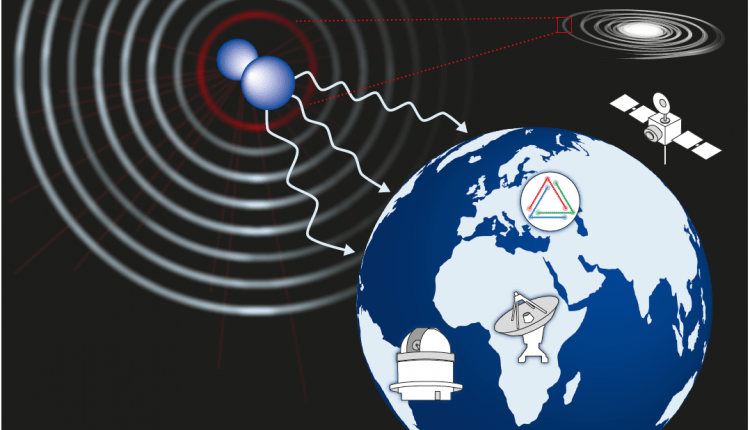
The connection to society, to the local people, is important to us. We rely on cooperation with districts, cities, municipalities, schools, chambers of industry and commerce and associations in the region. Close ties already exist with the umbrella organization of Sorbian associations Domowina, which supports our application. The DZA as an international lighthouse with a large network will attract many people. We offer excellent research programs, attractive and secure jobs in many fields, focus on education and pick up people where they are.
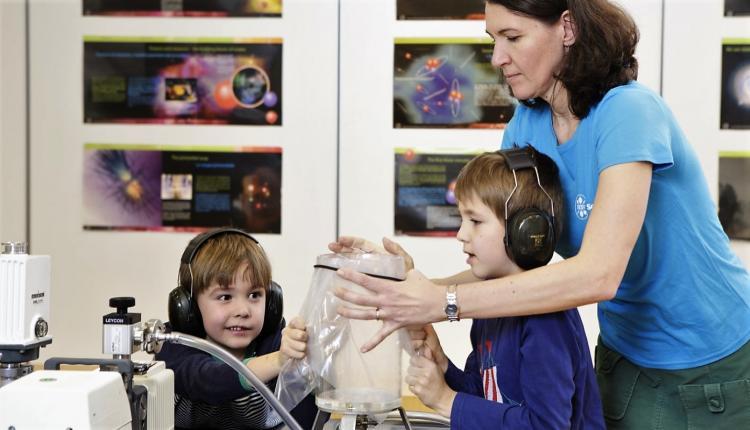
Network for technology development and
Industry
In recent months, the DZA has also built up a large network of partners in technology development - from non-university research centers and small engineering firms to Dresden's largest semiconductor manufacturer. More than 80 percent of the companies in the DZA industrial network belong to the group of small and medium-sized enterprises (SMEs). These companies are willing to contribute their competencies to the DZA. And they explicitly want to take on challenges in astrophysics that go beyond their current know-how.
Industry partner (PDF) Transfer partners (PDF) Research centers (PDF)
Project Office
Contact details:
kontakt@dzastro.de
Phone: +49 33762 7-7434
- Katharina Henjes-Kunst, project management + drilling DZA, DESY
- Ulrike Behrens, communication DZA, DESY
- Prof. Dr. Jürgen Besold, transfer & innovation DZA
- Dr. Sabine Brock, transfer & innovation DZA, DESY
- Dr. Maria Haupt, build DZA, DESY
- Dr. Hans-Rainer Klöckner, astrophysics and data science DZA, MPIfR
- Katrin Varschen, office DZA, DESY
Scientific advisory board
- Prof. Dr. Daniel Bemmerer, Group Leader Nuclear Astrophysics, Technical Director Felsenkeller Accelerator, HZDR
- Prof. Dr. Ralf-Jürgen Dettmar, Astronomical Institute, Ruhr University Bochum
- Prof. Dr. Jochen Liske, Faculty of Mathematics, Informatics and Natural Sciences, Hamburg Observatory
- Prof. Dr. Ralph Engel, Head of the Institute for Astroparticle Physics, KIT
- Prof. Dr. Stefan Funk, Institute of Physics, Friedrich-Alexander University
- Prof. Dr. Sami Solanki, Director at the Max Planck Institute for Solar System Research
- Prof. Dr. Achim Stahl, Head of the Institute of Physics, RWTH Aachen University
- Prof. Dr. Uli Katz, Institute of Physics, Friedrich-Alexander University
- Prof. Dr. Stefanie Walch-Gassner, Institute of Physics, University of Cologne
Administrative Advisory Board
- Dr. Bettina Böhm, Secretary General of the Leibniz Association
- Prof. Dr. Heike Graßmann, Administrative director MDC
- Dr. Andreas Handschuh, Chancellor Dresden University of Technology
- Prof. Dr. Alexander Kurz, Executive Board Member for Human Resources, Legal Affairs and Utilization, Fraunhofer Gesellschaft
- Sigurd Lettow, former Director Administration & General Infrastructure, CERN
- Prof. Dr. Josef Puchta, former Commercial Director of the DKFZ
- Dr. Catharina Sasse, Head of Division, Structural Development, Research Law and Research Ethics, Grant Law of the Max Planck Society
- Prof. Dr. Ursula Staudinger, Rector Dresden University of Technology
- Dr. Markus Zirkel, Director Legal and Compliance, Fraunhofer-Gesellschaft


